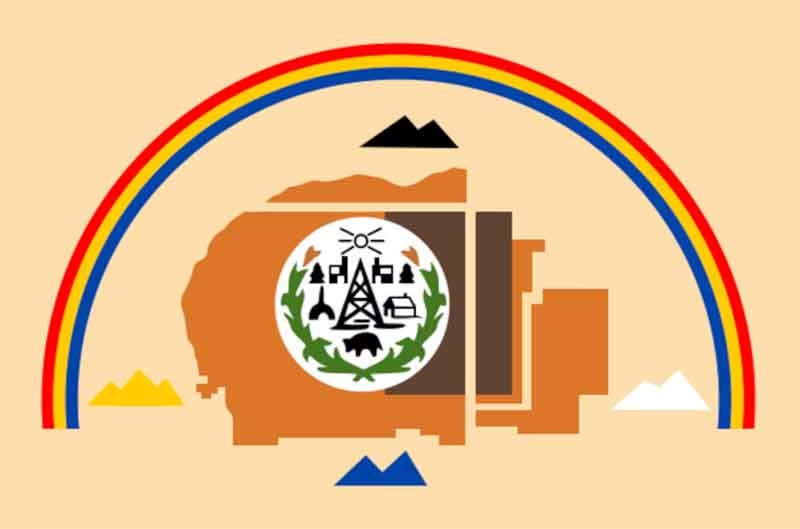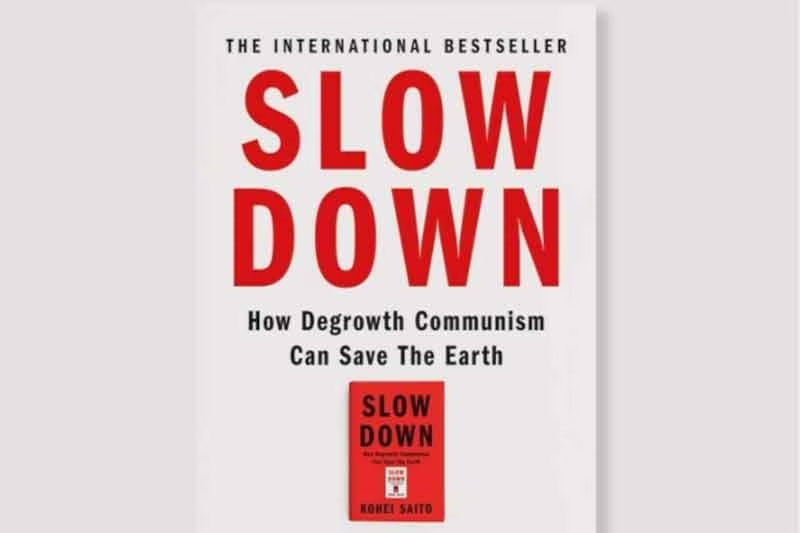
Whether we examine the present-day conditions at the village level or city level, national level or world level, the existing situation generally falls far short of the ideal based on justice, peace and protection of environment and biodiversity. Hence we quite frequently see well-argued critiques of the existing situations and systems. Unfortunately presentations of achievable and realistic alternatives that can much better achieve the ideals of justice, equality and environment protection are much more difficult to find.
This is a real pity, as availability of credible alternatives can play an important role in inspiring people for the kind of change that is needed for reducing distress and giving people opportunities for working together to create a safer and justice-based world.
Of course any path of change must be careful also to preserve and save what is good in the existing system. In a typical village that I visit I can see several aspects of the life of hard-working farmers and laborers, leading a simple life and coming to the help of each other in difficult times, from which one should learn and which are assets for creating a world based on justice, peace and protection of environment. On the other hand, it is easy to see several problems too. A significant number of households do not have any farmland, making their position in the village precarious and making it difficult to meet their food and other basic needs.
Thinking of an alternative village system, one would first of all think of providing farmland to all of those households here that are interested in cultivating it. This is the first thought. However going into more details, if due to some reason this cannot work out, then one has to think of some other reliable way of strengthening the livelihood base of the landless households.
One option can be to start an afforestation project growing a wide diversity of indigenous species of trees in which all landless workers get justice-based wage employment, and when the trees grow up, they can get ownership rights to get the non-timber forest produce.
While selecting from various options, I would ask questions such as these. What option can help to meet the needs of the poorest without starting too many hostilities? Can we prepare a broad base for justice based change so that justice based initiatives will be more readily accepted? Can we introduce such initiatives in such way that the task of protection of environment and biodiversity is also advanced?
Another question that I would like to explore is—if the best option A cannot work out, can we also prepare Plan B based on next best options?
These are some of the important aspects of alternatives which remain relevant at wider levels too–at the national and world level— in more complex ways.
Basically what is involved is that we try to work out the possibilities of a system in place of the existing system which, while recognizing and retaining whatever is good in the existing system, seeks to achieve something that is based much more on the precepts of justice, peace and protection of environment. While working this out, we need to be careful to pursue the objectives of justice, peace and protection of environment in mutually consistent ways. Also we need to prepare the next best options along with the best options, as we have to keep in mind what can be achieved more realistically, what can be achieved without creating the kind of excessive disturbances that are best avoided at a particular stage of meaningful change.
The lessons learnt at local and decentralized levels in such contexts can be useful at higher levels too, and a mix of courage and patience can be helpful.
The concept of seeking alternatives must be taken forward in democratic ways, involving a lot of discussion and debate, as well as new participatory research on several important aspects whenever needed.
Subscribe to Our Newsletter
Get the latest CounterCurrents updates delivered straight to your inbox.
The task of working out alternative systems can be greatly helped by improved understanding of several significant relationships involving important aspects of change. To give one example, aggression abroad (including invasions and wars) can be related to violence and turmoil within a country. Similarly injustice abroad can be related to injustice within. Better understanding of such relationships provides support for creating alternatives based on more holistic worldviews.
Bharat Dogra is Honorary Convener, Campaign to Save Earth Now. His recent books include Protecting Earth for Children, Planet in Peril, Man over Machine and A Day in 2071.













































